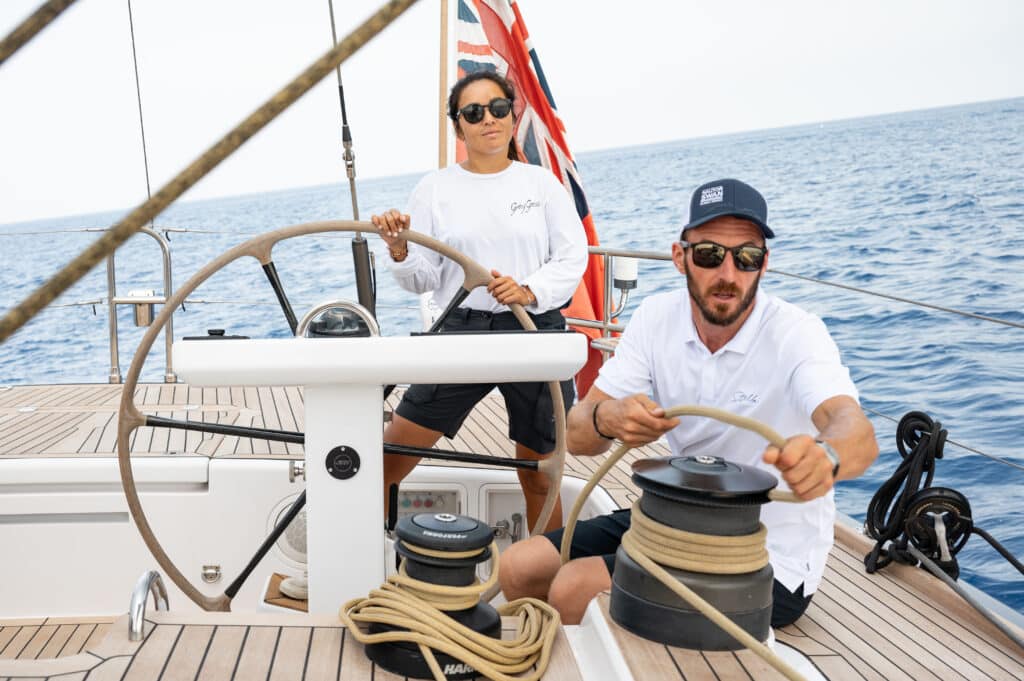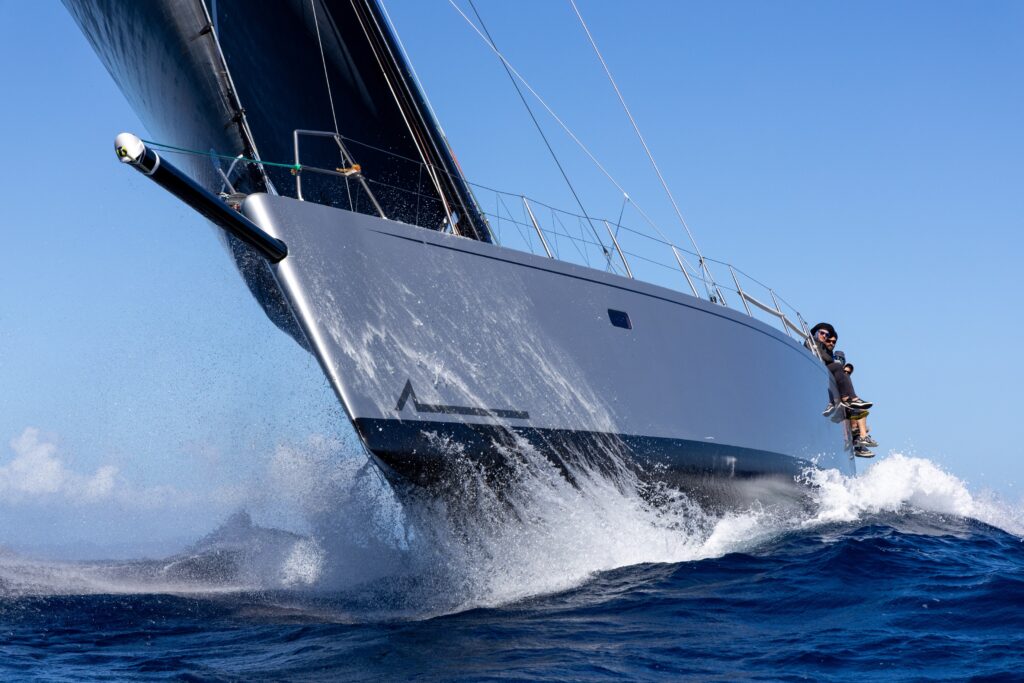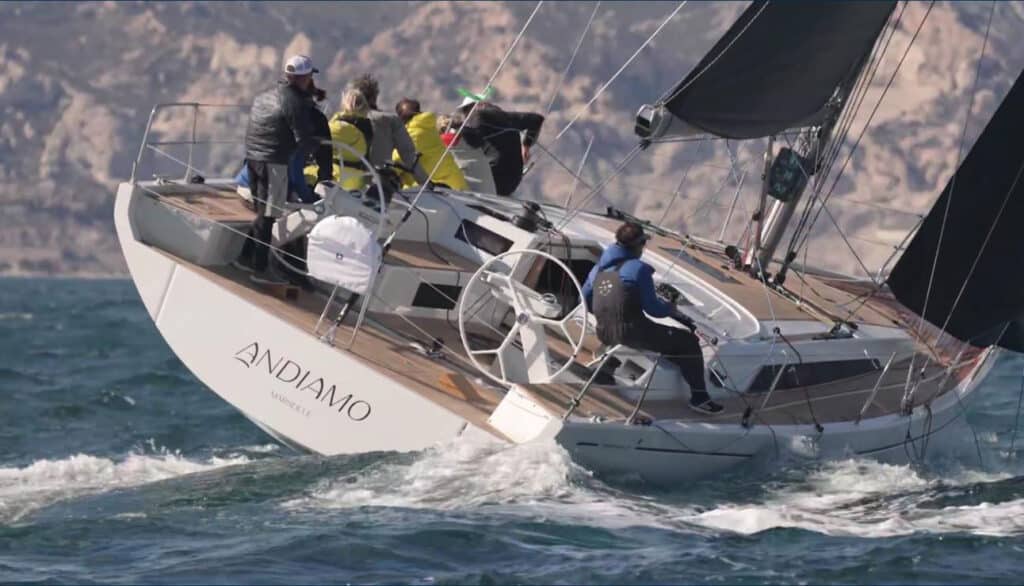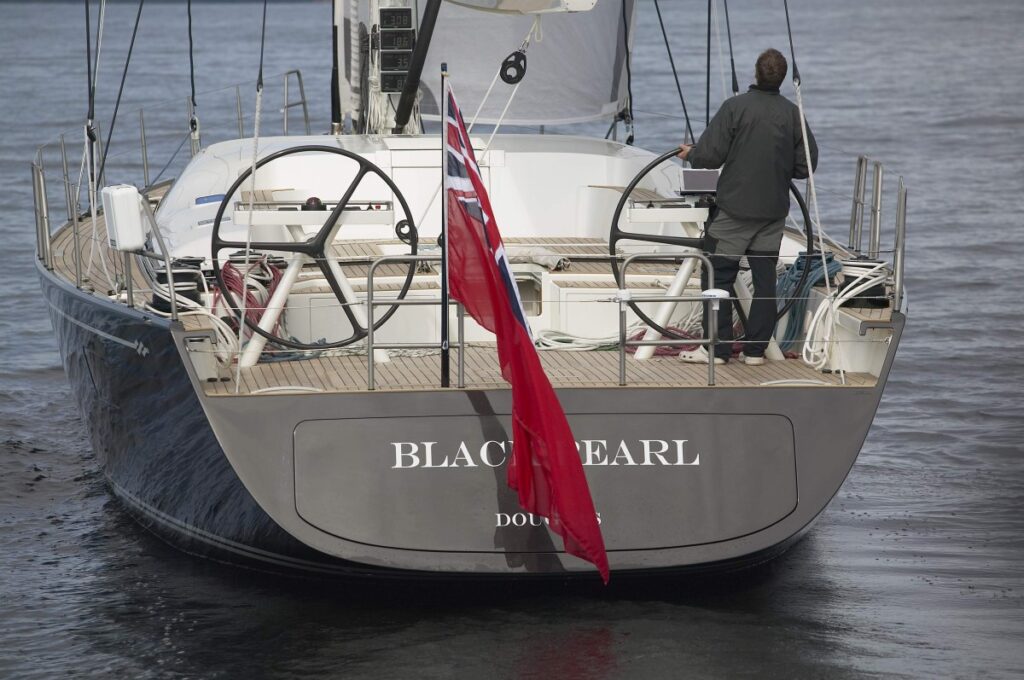- Home
- Racing
- Races & Regattas
- Calendar of Events
- Caribbean
- Grenada Sailing Week
- Barbados Sailing Week
- Caribbean Multihull Challenge
- RORC Caribbean 600
- RORC Nelson’s Cup Series
- St Maarten Heineken Regatta
- St Thomas International Regatta
- St Barth’s Bucket
- BVI Spring Regatta & Sailing Festival
- Antigua Sailing Week
- Antigua Racing Cup
- Superyacht Challenge Antigua
- North Sound Maxi Regatta
- La Coupe de St Barths
- Mediterranean
- Palma Vela
- The Porquerolle’s Race
- Tre Golfi Sailing Week
- Maxi Europeans
- ORC Mediterranean Championships
- Loro Piana Giraglia
- Aegean 600
- Copa del Rey Regatta
- Palermo – Montecarlo
- Coupe de France
- Rolex Maxi Cup
- Rolex Swan Cup
- Multihull Cup
- Les Voiles de St Tropez
- Ibiza Gold Cup
- IRC Europeans
- Rolex Middle Sea Race
- Cyclades Cup
- The Superyacht Cup – Palma
- UK and Ireland
- Northern Europe
- USA
- Australia
- Ocean
- Maxi Regattas
- Search for a Racing Yacht
- Regatta Concierge
- Races & Regattas
- Cruising
- CREW SPACES
- Brokerage
- News
- About Us
- Contact Us




